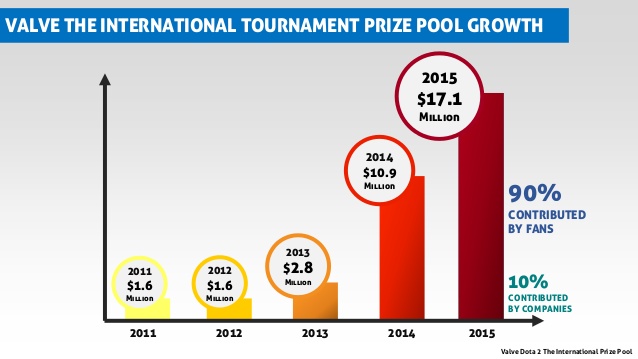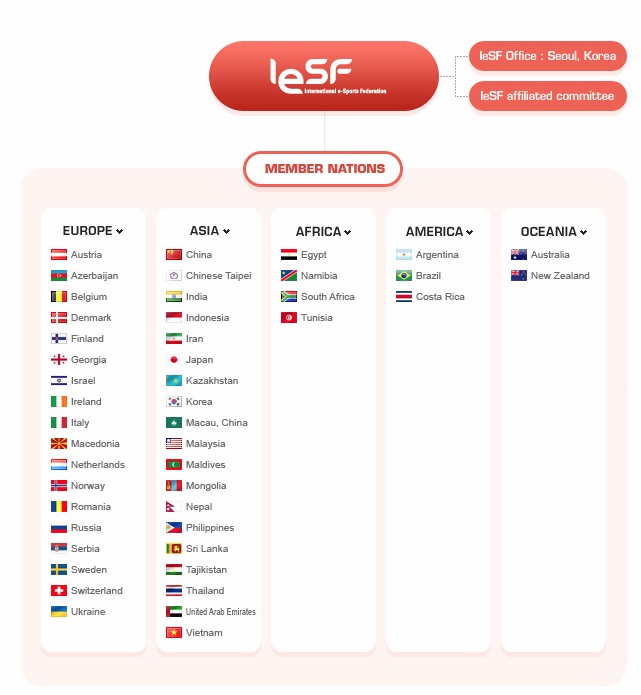So it’s called an “esport”?
It’s been a busy couple of weeks in the Dota 2 community and you’ve no doubt heard about the visa issues that have prevented teams like Execration from attending the Boston Major. If you haven’t, you should head over to Kara’s article, where she explains her frustrations with how the visa application process can hinder a team’s ability to succeed in the competitive scene. I completely agree—securing visas is difficult, and this is especially true when it comes to applications in countries that do not formally recognize esports as a sport.
Supply and Demand
We’ve seen growth in the esports industry and this is especially evident in our tournaments. The International is a perfect example of how Dota has grown. Almost entirely funded by the community, the prize pool at TI6 surpassed every esports tournament in the world by raising a grand total of 20.7 million dollars. What’s astounding about this number is that only 25% of total sales actually went to the prize pool. That means that over $82.8 million dollars were spent by the community on Dota 2 products. Prize pools like these demonstrate how much the community supports the game, and is invested in its success. The next step for expanding on this growth is making esports an officially recognized sport in all countries.

Is it official?
Just before TI6 there were a few threads going around Reddit attempting to figure out which countries recognized esports. There were a few sites that were posting about which countries recognize Dota 2 or esports as a sport. Unfortunately, many of the links are out of date or aren’t entirely credible.
You May Like
There isn’t a fully governing board that oversees the competitive scene in Dota 2, but Valve, as the overseeing corporation, could play a larger role in the professional world. One of the most meaningful actions that Valve could take to ensure the ongoing health of the competitive scene is to work towards registering Dota 2 as an official sport in the USA.

One major change that would come from countries officially recognizing Dota 2 as a sport would be visa applications. This would result in cities around the world hosting events without fear that teams or players wouldn’t be able to attend. This, in turn, would mean that fans would be able to attend a Major in a city near them. It would be beneficial for countries to consider this influx in their tourism when considering the validity of esports as a sport.
Issues of validity have become clearly apparent when we have the biggest tournaments of the year. If we can focus on issues like these as a community, the competitive Dota 2 scene will grow with us.

















